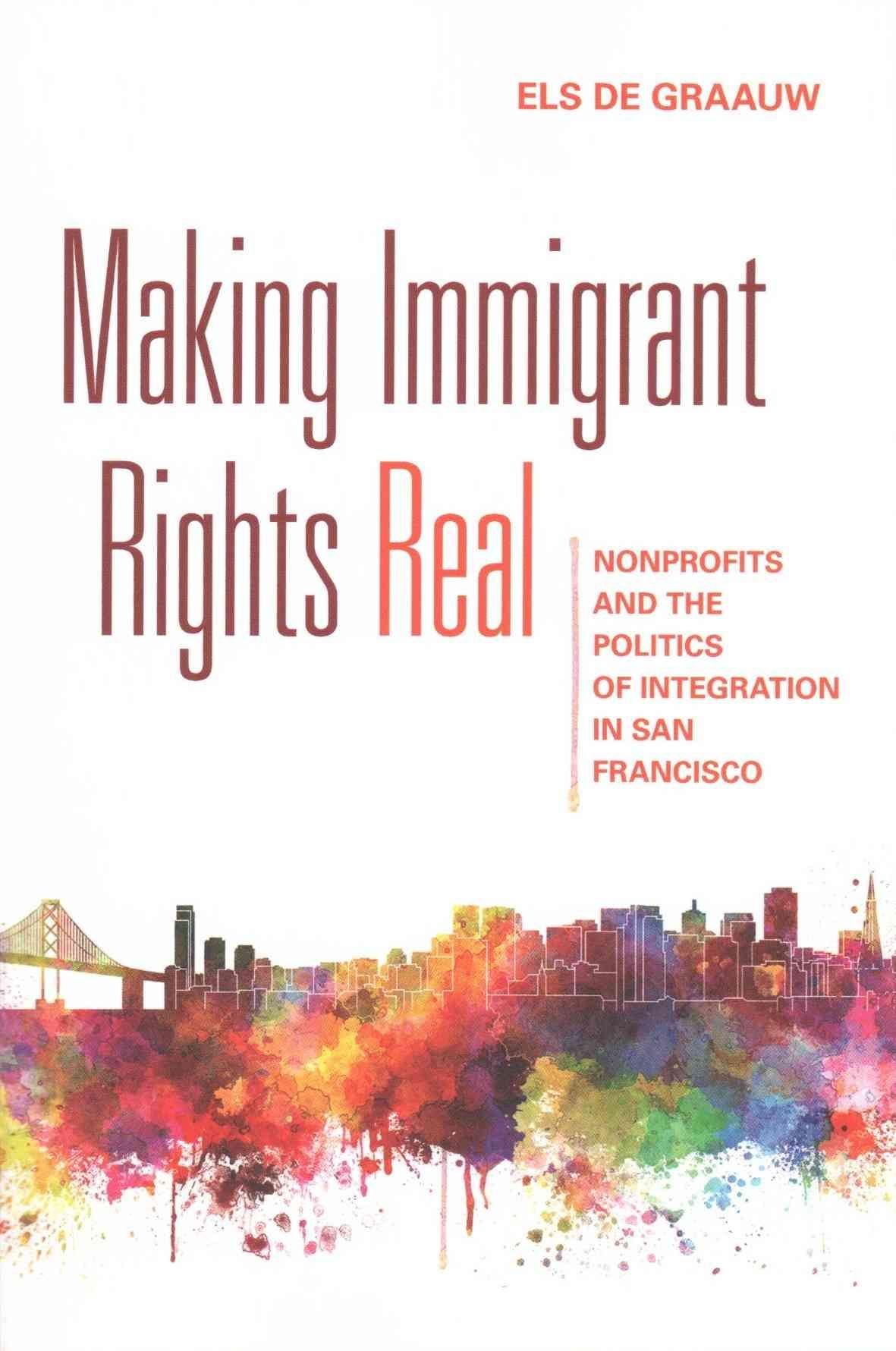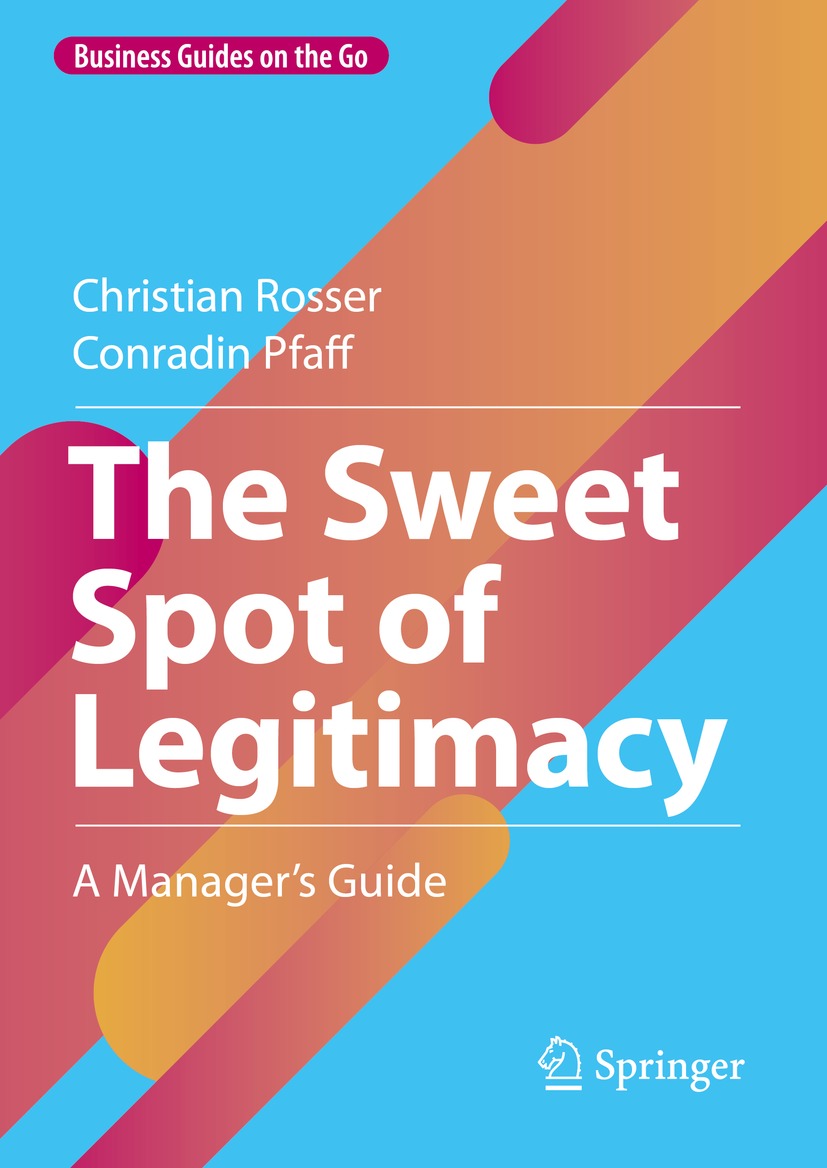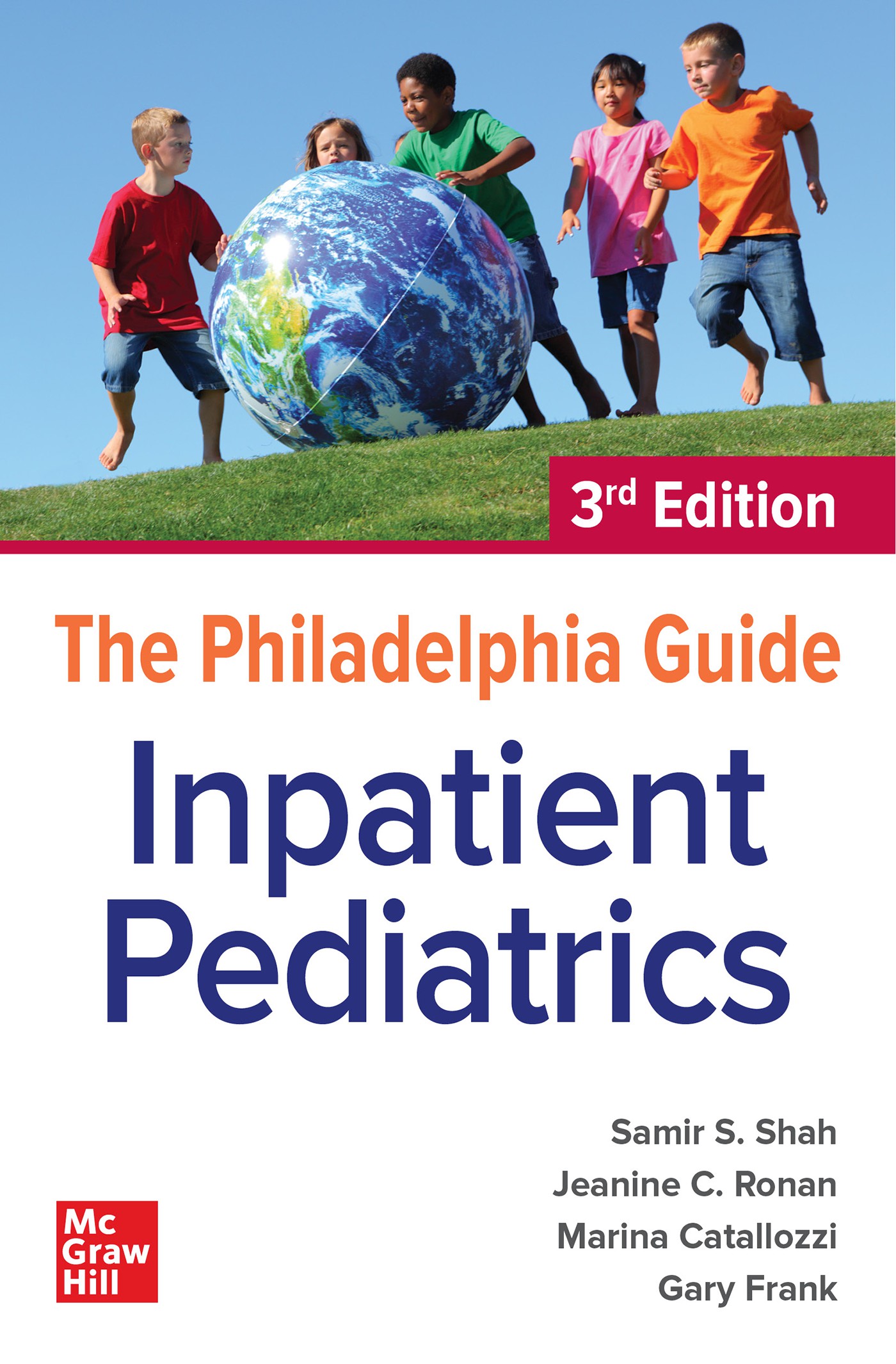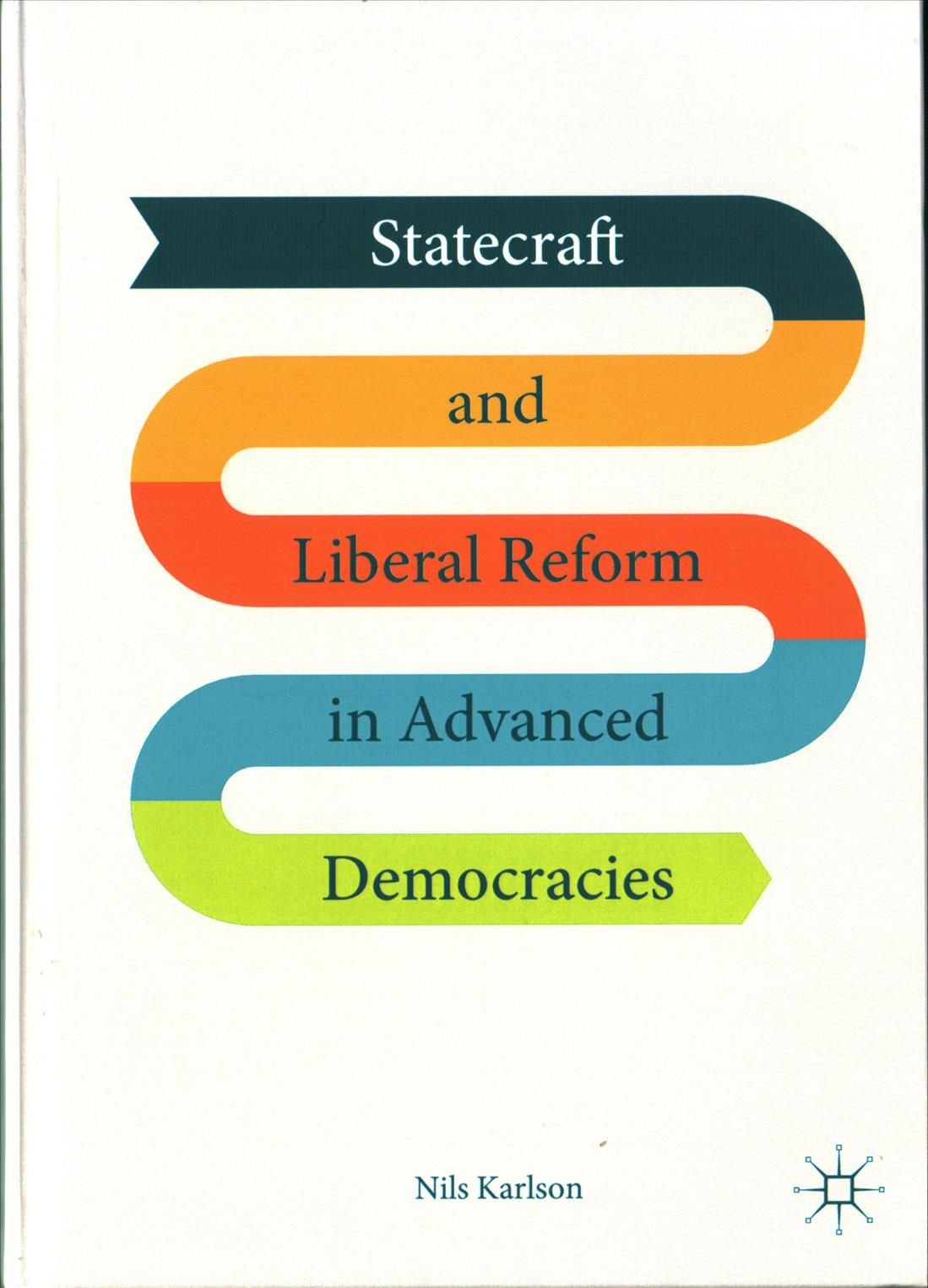More than half of the 41 million foreign-born individuals in the United States today are noncitizens, half have difficulty with English, a quarter are undocumented, and many are poor. As a result, most immigrants have few opportunities to make their voices heard in the political process. Nonprofits in many cities have stepped into this gap to promote the integration of disadvantaged immigrants. They have done so despite notable constraints on their political activities, including limits on their lobbying and partisan electioneering, limited organizational resources, and dependence on government funding. Immigrant rights advocates also operate in a national context focused on immigration enforcement rather than immigrant integration. In Making Immigrant Rights Real, Els de Graauw examines how immigrant-serving nonprofits can make impressive policy gains despite these limitations. Drawing on three case studies of immigrant rights policies?language access, labor rights, and municipal ID cards?in San Francisco, de Graauw develops a tripartite model of advocacy strategies that nonprofits have used to propose, enact, and implement immigrant-friendly policies: administrative advocacy, cross-sectoral and cross-organizational collaborations, and strategic issue framing. The inventive development and deployment of these strategies enabled immigrant-serving nonprofits in San Francisco to secure some remarkable new immigrant rights victories, and de Graauw explores how other cities can learn from their experiences.












